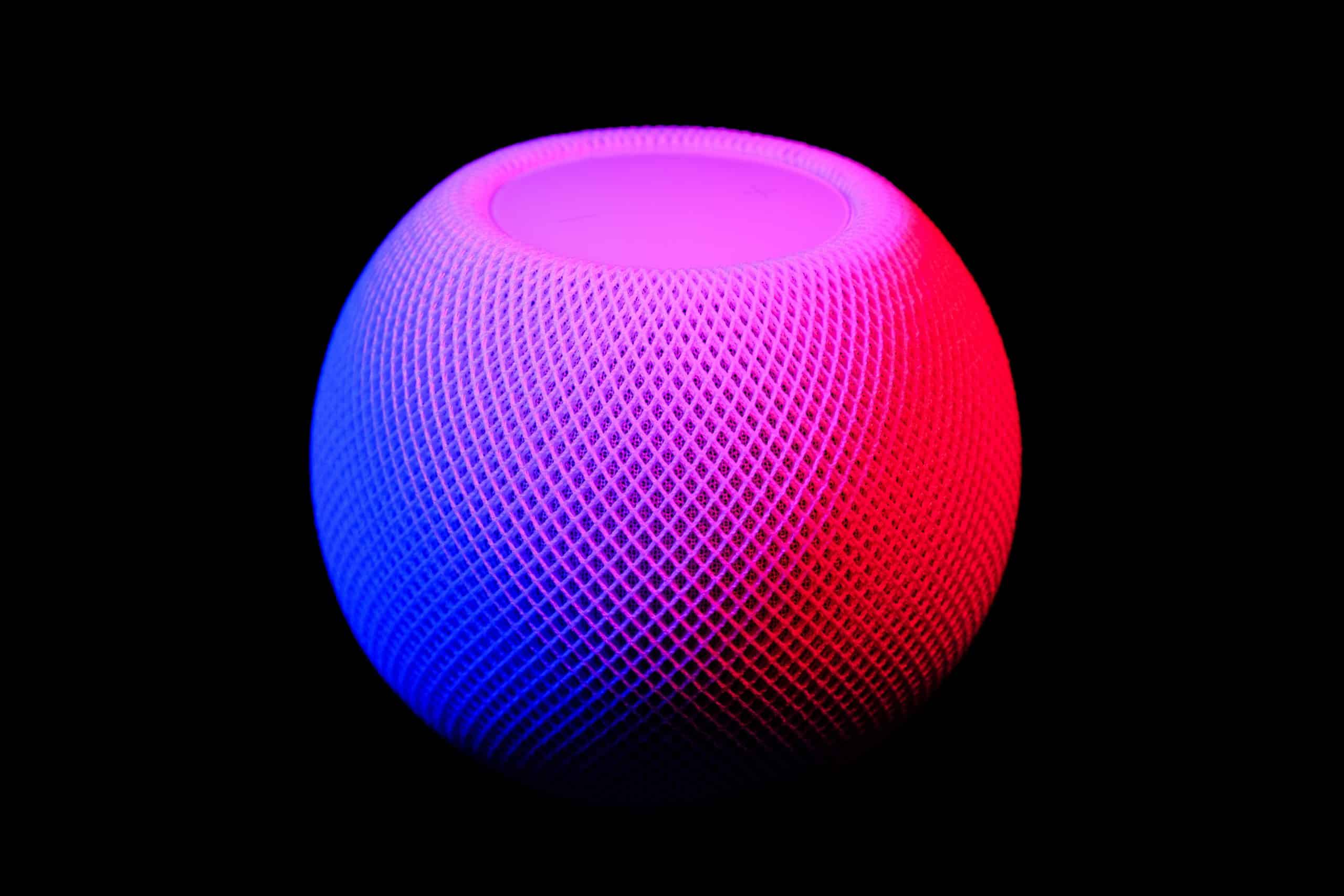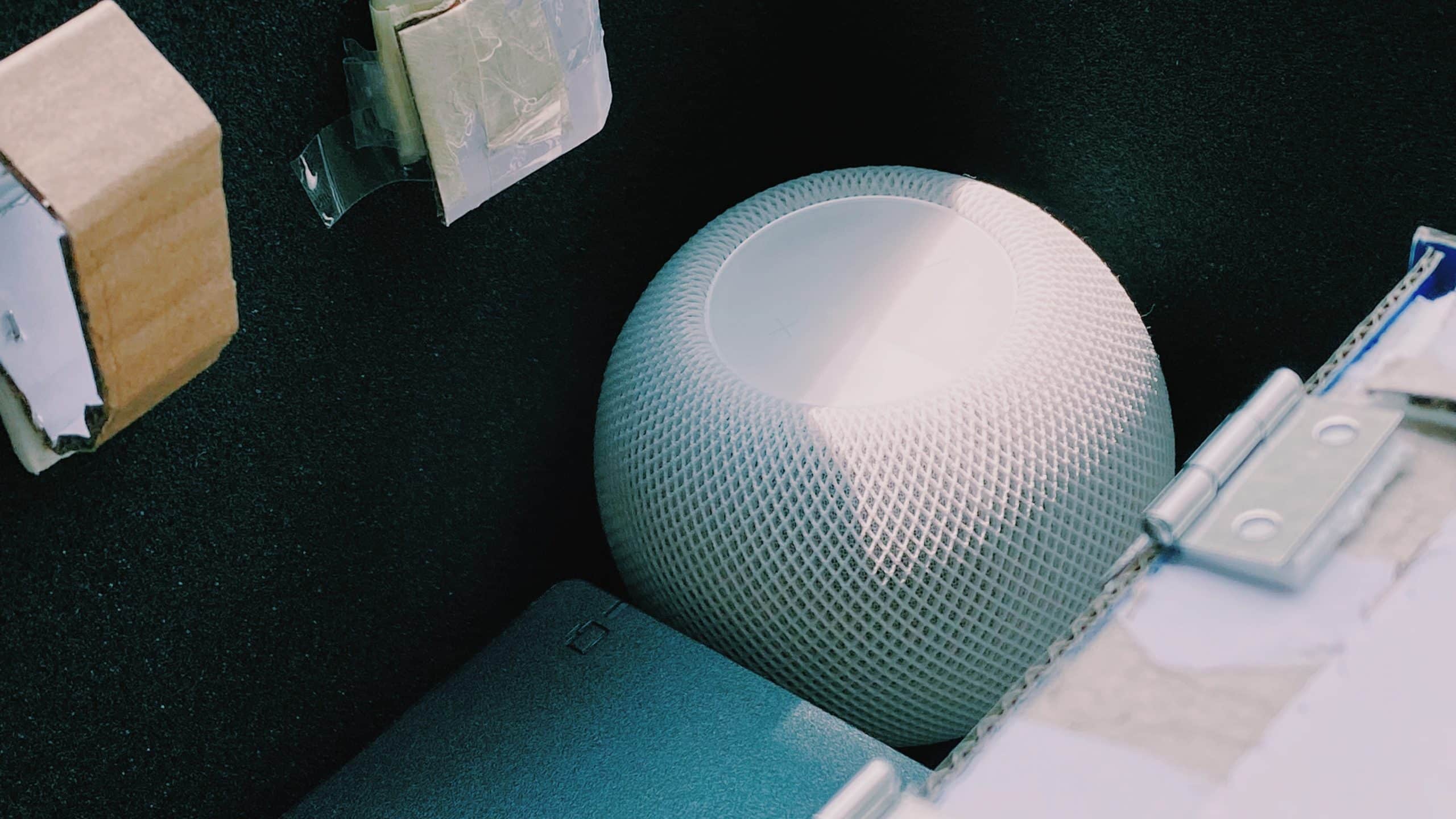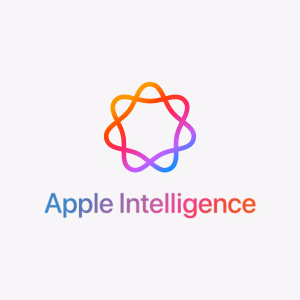Although there are thousands of manufacturers and developers working on new technology for the smart home, it’s giants like Google and Apple that can make the biggest difference, as we use our phones, tablets, and laptops to power these new devices.

As part of this year’s WWDC, Apple has made significant changes to HomeKit for 2021, and though a dedicated operating system known as homeOS leaked and went unannounced at the event, HomeKit did receive a dedicated section of the WWDC keynote. As part of iOS 15, Siri can now control HomeKit-enabled devices at a certain time. For example, you can ask Siri to turn off your bathroom light in ten minutes or pause your living room TV if you leave the room to grab some snacks. This allows for a more natural conversation with Siri and makes it easier to control smart devices and appliances, even if you’re not around.
Apple set a new precedent when it announced CarKey in 2020, and this year it’s taking keys to new levels with HomeKey, which lives inside of the Wallet app. When using a supported HomeKit lock, users will be able to approach their door and use a virtual key in the Wallet app to unlock it. You don’t need to open the Home app, and you can even ask Siri to unlock your door for you. The feature is also coming to Apple Watch as part of watchOS 8, and it’s thought hotels and businesses can also take advantage of the new contactless key feature.

HomeKit Secure Video has been given some love in iOS 15, with HomeKit not only identifying people and animals but packages. Package Detection is ideal if you’re waiting for an important package – Apple will send you a notification that your package has arrived, and you can then go home or ask your kids to bring it indoors. With the introduction of iCloud+, users on the 2TB plan can access an unlimited number of cameras, so you can monitor your entire property – and indeed other properties if you own more than one – from your iPhone.
One striking piece of news that has gone underrepresented is that Apple will allow third-party developers and manufacturers to create Siri-enabled devices, meaning Siri will be available outside of iOS for the first time. Of course, users will still need a HomePod to control the device, but it follows on from Amazon who offers its Alexa smart assistant to third parties. The first company to support this feature is Ecobee, which said it’ll roll out a firmware update to support Siri on its Ecobee SmartThermostat – plenty more companies will likely follow suit.

Apple is also overhauling the Home app for Apple Watch, with an Intercom button right at the top to quickly communicate with anyone in the home. Using machine learning, the company will then populate a series of scenes and devices it thinks you may need, with a new room view so you can control individual devices. On Apple TV, HomeKit cameras can now be viewed all at once in a grid view, and it’s possible to toggle accessories on and off, so, for example, if someone is headed towards your porch, you could turn on the lights for them.
What’s perhaps most interesting about iOS 15, however, is that Apple’s Project Connected Home over IP has been renamed Matter, and will be supported as standard on iOS 15. Any device that’s certified to work with Matter will be available right within the Home app and controlled via Siri, and in time, this should result in a great number of companies supporting smart devices for HomeKit, and thus allowing users to benefit from non-HomeKit devices, too.
Are you look forward to iOS 15? Let us know and check back soon for the latest developments.







